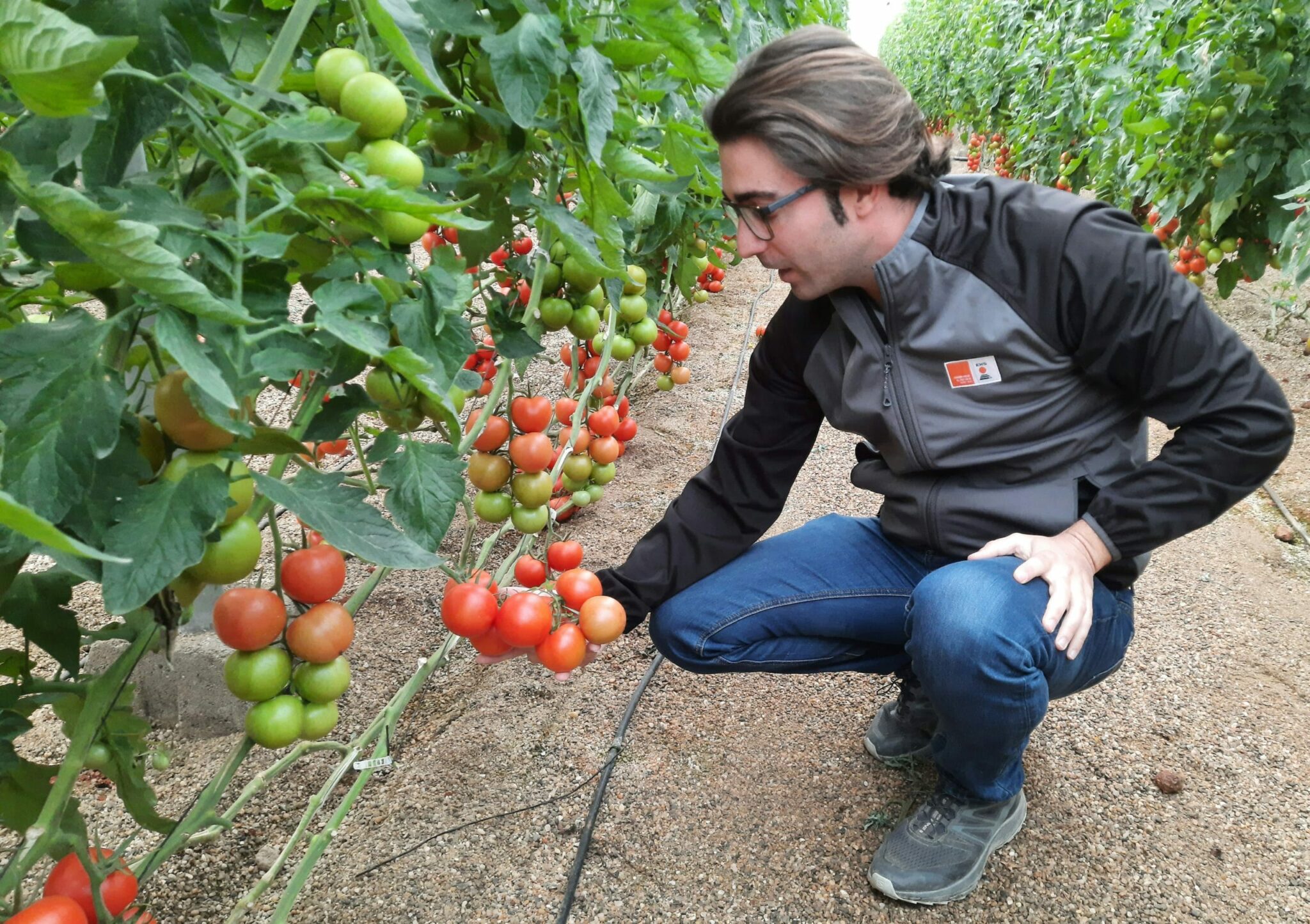APHIS administrator Mike Watson released details on the USDA APHIS website.
The U.S. Department of Agriculture’s Animal and Plant Health Inspection Service (APHIS) released its 2023 Impact Report, detailing the agency’s significant accomplishments over the past year. Despite numerous challenges, Watson said APHIS continued its mission to safeguard America’s agriculture and natural resources, protect vulnerable animals, and support global food and clothing supply chains.
The report highlighted APHIS employees, totaling over 8,250 across all 50 states, three territories, and 27 countries and how they played a crucial role in the following achievements:
- Performed more than 700 inspections of authorized field trials involving organisms developed using genetic engineering, in collaboration with State agricultural officials.
- Issued 15 Regulatory Status Review (RSR) decisions to determine whether plants developed using genetic engineering are subject to regulations as plant pests.
- Inspected and cleared 3.31 billion pounds of fresh fruits and vegetables from 20 countries before shipment to the United States.
- Oversaw a systems approach for the safe import of 2.96 billion pounds of avocados from Mexico.
- Expanded the export of U.S. fresh potatoes to Mexico by 48% from January to November 2023, with total exports valued at an estimated $118 million.
- Provided extensive support to the Dominican Republic and Haiti in their African swine fever (ASF) program, including surveillance, quarantine, depopulation, and disposal methods, as well as testing support, outreach, and staff training.
- Enforced an ASF protection zone in Puerto Rico and the U.S. Virgin Islands, enhancing pre-departure activities with additional staff, canine detector teams, x-ray machines, and training for staff in animal product inspections.
- Conducted an emergency program to address nationwide detections of highly pathogenic avian influenza, performing over 1.4 million tests on commercial poultry flocks and coordinating the collection of more than 31,000 wild bird samples.
- Awarded $2.3 million to support 14 National Animal Health Laboratory Network (NAHLN) projects for the early detection of high-consequence animal diseases.
- Facilitated new markets for U.S.-origin animals, animal products, plants, and plant products, including $75 million worth of animal products and live animals to Israel over the next five years and fresh grapefruit to Vietnam worth an estimated $5 million per year.
- Produced 1 billion sterile Mediterranean fruit flies weekly at the El Pino sterile insect facility in Guatemala, supporting population control efforts in California, Florida, Guatemala, and Mexico.
- Partnered with Federal, State, and Tribal entities in a One Health initiative to monitor and survey thousands of white-tailed deer and other animals for SARS-CoV-2, enhancing understanding of exposure, disease susceptibility, and cross-species transmission risks.
- Distributed more than 8.7 million oral rabies vaccination (ORV) baits to combat raccoon rabies in 14 Eastern States and over 900,000 ORV baits in Texas to prevent canine rabies from reemerging along the Mexican border.
- Ensured the humane care and treatment of AWA-covered animals by overseeing 16,000 licensees and registrants and conducting over 10,000 site inspections, including more than 900 unannounced inspections at research facilities.
These achievements reflect APHIS’s unwavering commitment to its mission, ensuring the safety and health of U.S. agriculture and animal populations. Read the full report at https://www.aphis.usda.gov/sites/default/files/aphis-impact-report-2023.pdf.












